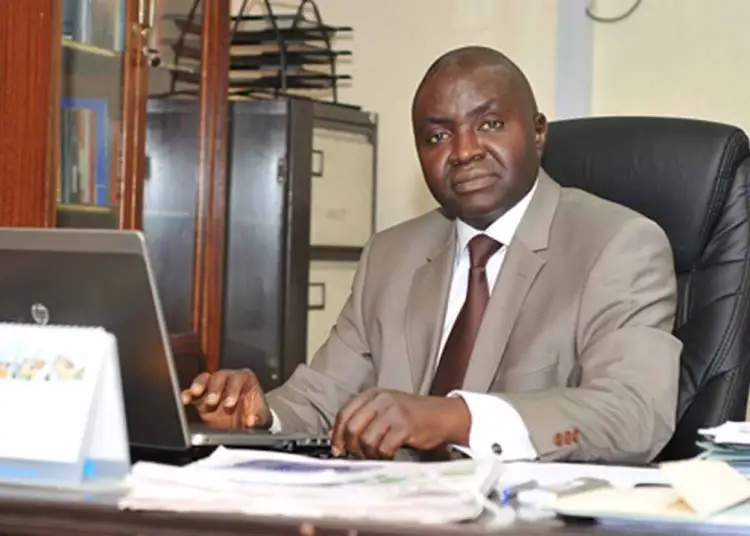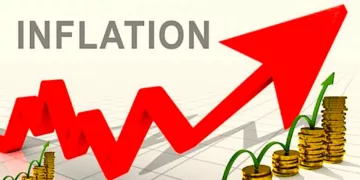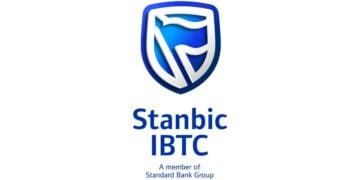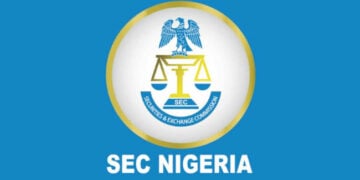The Centre for the Promotion of Private Enterprise (CPPE)said, the imposition of excise duty on all services contained in 2023 Finance Bill is too broad, wide ranging and makes the business community very vulnerable.
The CEO of CPPE, Dr. Muda Yusuf stated this, in a release sent to LEADERSHIP at the week.
He commended the president for withholding assent on the 2023 Finance Bill as this would allow for broader consultation, participation and inclusion in the legislative process, saying this is also in line with democratic standards of law making.
He noted that, “there is no jurisdiction around the world where all services are liable to excise duty. Excise duties are typically specific and selective, and often imposed to disincentivize consumption or production of particular product groups.
“The current open-ended provision is inimical to investment. It makes the imposition of excise duties arbitrary, indiscriminate and unpredictable. The bill should contain specifics of services to be taxed for better stakeholder engagement.”
While stating that, it is important to take account of the fact that practically all services are currently liable to Value Added Tax(VAT), he added that, “the service sector is a very strategic sector in the Nigerian economy, contributing 54 per cent to GDP and currently the largest contributor to government tax revenue. It also accounts for an estimated 53 per cent of employment.”
He noted that, “the proposal in the Finance Bill to impose 0.5 per cent levy on all imports coming from outside of Africa will be an additional burden on both businesses and the citizens.
“It will escalate operating expenses, production costs and fuel inflation in the economy. Most equipment, machineries, ICT equipment, medical equipment are all imported from outside of Africa.”
He explained that, imposing a levy of 0.5 per cent on this group of items will be inimical to investment, economic growth and the welfare of the citizens.
Many manufacturers, he stressed, import their raw materials from outside of Africa, especially intermediate products not available on the continent, saying, ‘we strongly advise against the imposition of an additional levy on imports.’
On company income tax hike on gas flaring companies, the CPPE CEO said: “this is not a good time to impose a punitive tax on gas companies. Besides, the 50 per cent tax introduced is not consistent with the essence of the recently enacted Petroleum Industry Act (PIA).
“The government should explore other gas flaring mitigation measures, which must be proportional to the volume of gas flared. Policy consistency is vital to attract and retain investment in the gas sector in line with the aspirations of government as expressed in the PIA. The act was enacted just about a year ago. We should refrain from actions that would signals of policy inconsistency to investors in the sector. This could dampen investors’ confidence.”
Noting that the Nigerian economy is heavily burdened and encumbered by two major subsidy regimes: the fuel subsidy regime and the foreign exchange subsidy regime, it added that, huge sums of revenue can be unlocked from these subsidy regimes, if appropriate reforms are implemented.
He noted that, there is a plan to discontinue petroleum subsidy, which is a positive development, adding that, this action would unlock a minimum of N6 trillion revenue into the federation account annually.
We’ve got the edge. Get real-time reports, breaking scoops, and exclusive angles delivered straight to your phone. Don’t settle for stale news. Join LEADERSHIP NEWS on WhatsApp for 24/7 updates →
Join Our WhatsApp Channel









